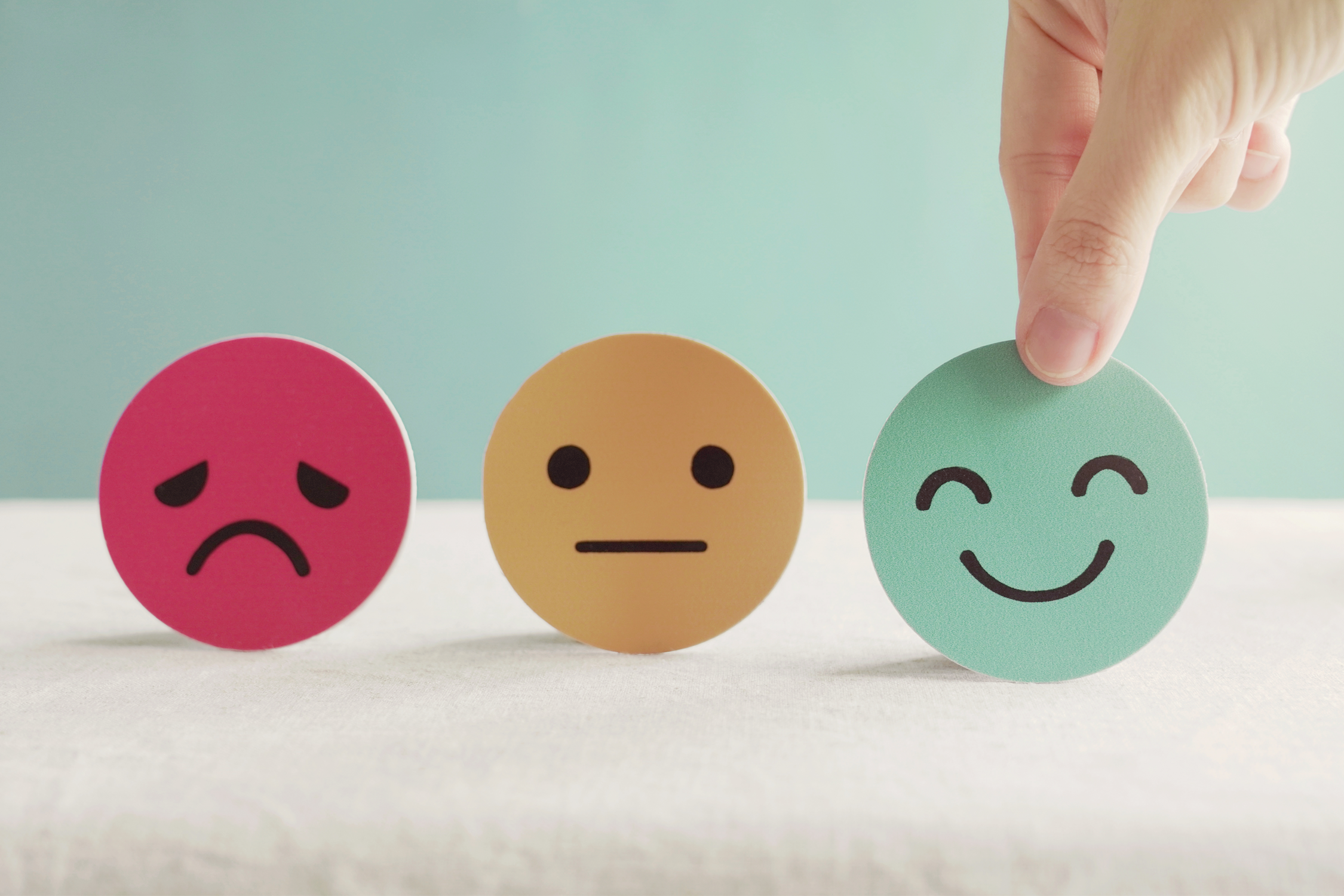
Nearly one in five adults in the United States live with a mental illness. That’s nearly 20% of American adults. Yet somehow the stigma associated
with mental health issues persists, causing many people to experience feelings of shame, vulnerability, and isolation. Helping people feel less alone by developing a better understanding of just how common mental illness can be is what Mental Health
Awareness Month is all about.
Every May, mental health advocates and organizations join forces to spread awareness of mental illness and strengthen support networks for those living with it. Fortunately, mental health is slowly but surely becoming a mainstream topic. Concepts like
self-care, mindfulness, authenticity, and a sense of well-being are routinely discussed in the media and incorporated into our daily lives. However, the popularity of these concepts, particularly on social media, can sometimes unintentionally
perpetuate the stigma surrounding mental health and ultimately hurt rather than help.
When it comes to protecting and nurturing our mental health, social media can be useful but complicated. Every day, we’re presented with an endless stream of carefully curated images and catchy one-liners encouraging us to embrace the be positive,
practice gratitude, and approach life with a glass-half-full attitude. But our realities are rarely that upbeat and simple. Nowadays, our online personas can feel as real as our physical ones, and constantly being bombarded with images of others living
idyllic versions of their lives can distort our perspectives and negatively affect our mental health. We refer to this phenomenon as toxic positivity or the excessive and ineffective overgeneralization of a happy, optimistic state across all situations.
The problem with toxic positivity, as professional counselors explain, is that it denies, minimizes and invalidates authentic emotions and experiences.
Toxic positivity can take many forms. It can be a friend who dismisses your frustration and feelings instead of listening to why you’re upset. It can be a coworker telling you to “look on the bright side” or “be grateful for what
you have because others have it worse” rather than acknowledging your own struggles. It can be a meme telling you to “just change your outlook to achieve happiness” as though a simple shift in perspective can fix whatever you’re
going through. It can even be you telling yourself not to dwell on your feelings of sadness, anxiety, loneliness, or fear.
Whatever the form, toxic positivity can make it incredibly difficult for those living with a mental health issue or struggling in some way to open up to their friends and family. Feelings of shame and inadequacy cause us to avoid or suppress our experiences,
which prevents us from seeking treatment and leads to increased anxiety, depression, and an overall decline in our mental health.
Now more than ever, we need to reduce the stigma associated with mental health and open more doors for people to seek help and find the tools and support they need. Mental
Health Awareness Month is the perfect opportunity to do that.
Three simple ways to participate in Mental Health Awareness Month:
- Share your story
- There are few things more powerful than leading by example. Combat the stigma around mental health by sharing your story about your own struggles and personal experience. By doing so, you create a safe space for friends and family in which they
can feel more comfortable sharing their own experiences rather than suffering in silence. Sharing your story shows others that they are not alone and gives them hope.
- Listen and learn
- One of the best tools for fighting stigmas associated with mental health is the capacity to listen. Seek out personal stories from friends and family, on social media and television, and other sources of information that can help you learn more
about what mental health challenges look like for different people and how common struggles with mental health are. Similarly, pay attention to when you or others might be perpetuating stigmas or falling for common misconceptions and work
to change those things to create a better, more compassionate environment for everyone.
- Support others
- Mental Health Awareness Month is a great time to develop greater awareness of the people around you and think more purposefully about how you might support them. Mental health challenges can be different from physical challenges in that you’re
often unable to see them as easily, unless you know what to look for. When you are familiar with common symptoms of people struggling, you can more easily see when someone might need your support. This doesn’t mean that you’re
responsible or able to fix anyone, nor should you try to. Instead, be available and open to support and encourage them in healthy and productive ways.
And, of course, most important: You can’t help others if you’re not taking care of yourself. One of the most powerful ways that you can celebrate Mental Health Awareness Month is to be mindful of your own mental health and well-being and seek
help if you need it.
Here are some tools to get you started.